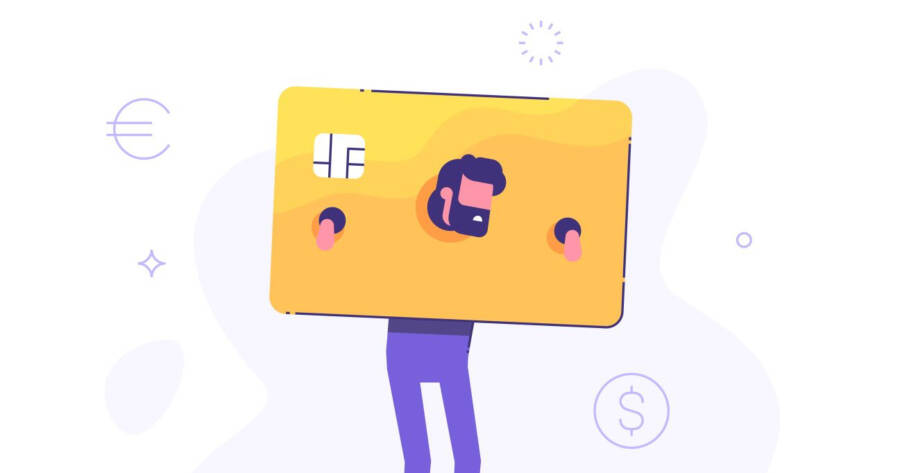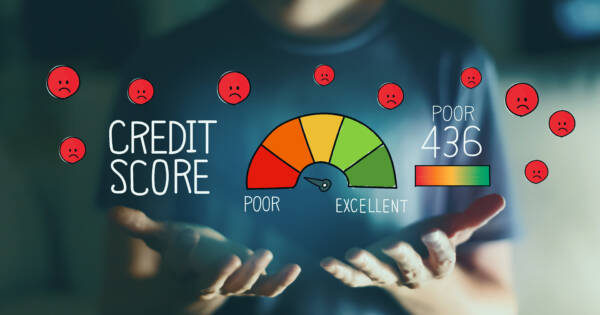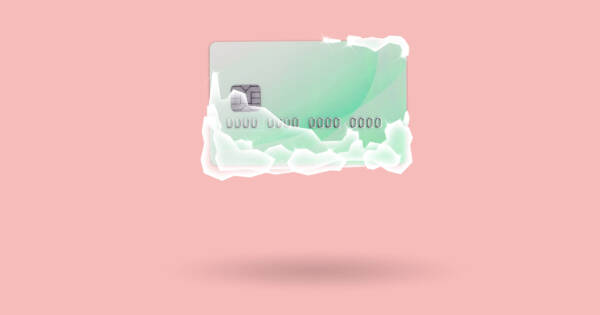Credit cards can create a spiral of never-ending debt for those who don’t manage them properly.
When it comes to managing personal debt, you might find that you are faced with two options: consolidate or eliminate high-interest rate credit card debts. These two options are not mutually exclusive, however. For instance, some people use consolidation as a way to help them eliminate debt more quickly.
Eliminating High-Interest Credit Card Debts
If you can afford to pay off your high-interest credit card debts, then that is probably the best option for you. Credit card interest can take more than a decade to pay off, especially if you only make the minimum payment each month. They can cripple your ability to take control of your other finances, so eliminating them is typically a good idea.
When deciding whether you can afford to eliminate your debt, you need to consider whether you can afford to continue your current lifestyle after you have paid off the full credit card amounts. If you can’t, then chances are that you will start to carry a balance from month to month soon after eliminating your previous debts.
Consolidating High-Interest Credit Card Debts
Consolidating high-interest credit card debt is a good idea for those who can’t currently afford to eliminate their debts. There are several options for consolidating high-interest debt that can help you pay off the amount sooner while simultaneously keeping the payments lower. Some of these options include:
- Moving debt from high-interest credit cards to those with lower rates;
- Securing a low-interest personal loan to pay off your credit cards, and;
- Using a home equity loan to pay off credit card debts.
There are some factors to consider when choosing between these options.
When moving your high-interest debt to a card that has lower rates, you want to make sure that you’re not just prolonging the inevitable. Some people begin this endless cycle of applying for new cards just so they can take advantage of low introductory rates. This can quickly ruin your credit score, which will make it more difficult for you to find a permanent solution to your credit card debt problem.
When using a personal loan to pay off your credit card debt, be sure to shop around and compare interest rates. Depending on your credit history, you might have plenty of lenders willing to help you eliminate credit card debt with a low-interest personal loan. The rates, however, can differ significantly from lender to lender, so it pays to shop around.
If you choose to use a home equity loan to consolidate or eliminate your credit card debts, you have to make sure that you choose a loan option that you can afford. Failing to make payments could result in losing your home.
Consolidate to Eliminate Credit Card Debt
Consolidation is often the best way for individuals to eliminate credit card debt by lowering interest and making payments more affordable. Talk to a financial advisor to help you decide which option is best for your specific financial circumstances and long-range goals.








